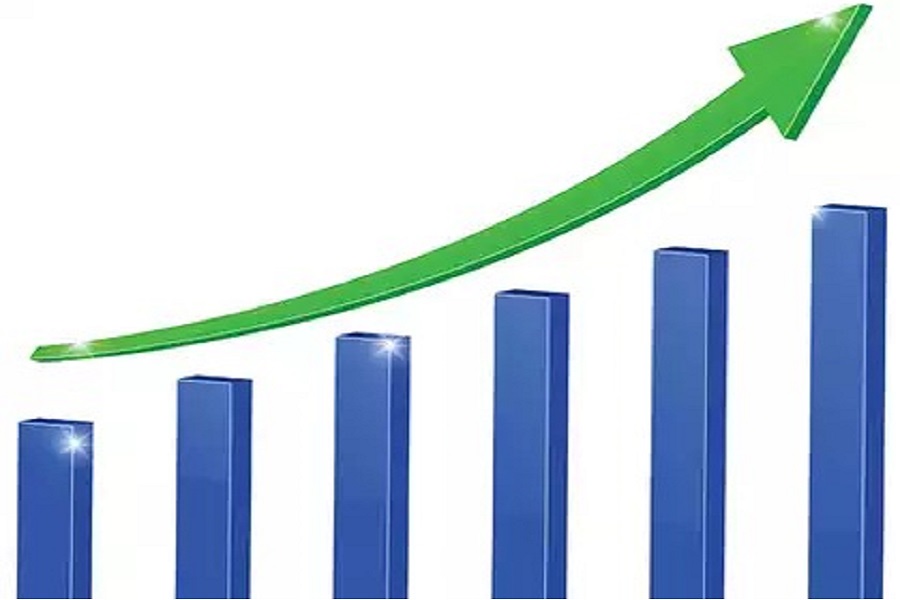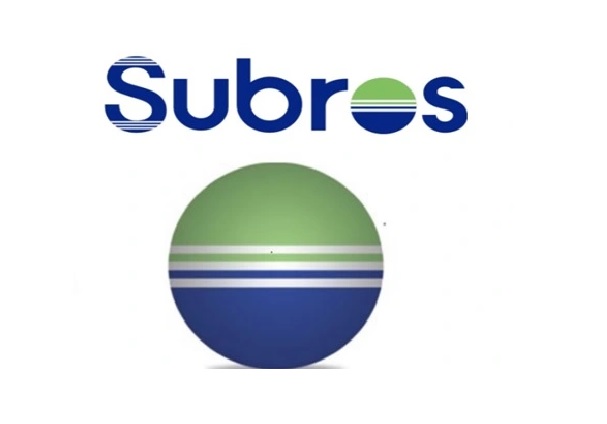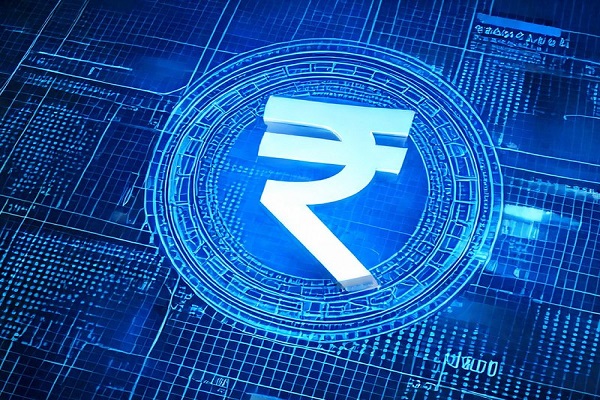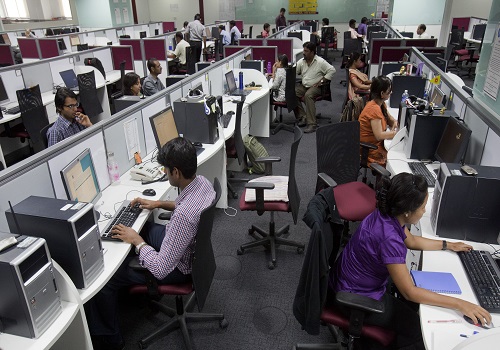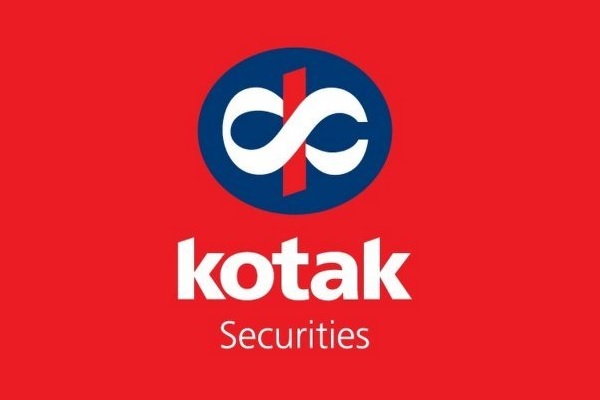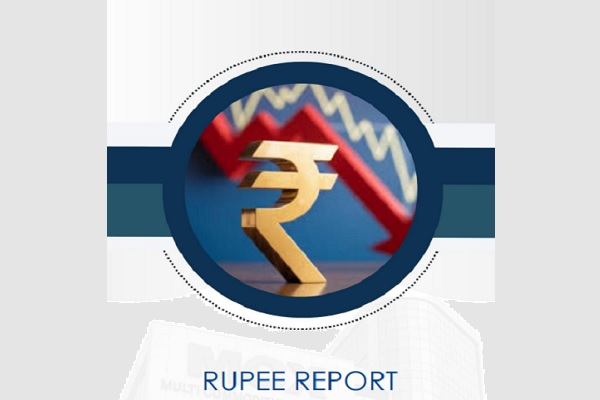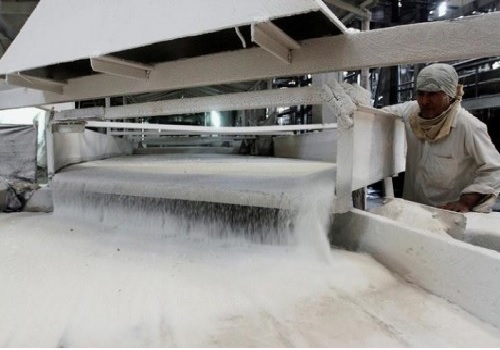India`s Oilmeal Exports Fall Amid Soybean Meal Slump By Amit Gupta, Kedia Advisory

India’s oilmeal exports dropped 12% in August 2025, primarily due to a decline in soybean meal shipments. Data from the Solvent Extractors’ Association of India (SEA) showed exports fell to 2.76 lakh tonnes compared to 3.14 lakh tonnes in August 2024. Soybean acreage also declined, and competition from cheaper American soymeal and rising DDGS production impacted export demand. Conversely, rapeseed meal exports grew 3.5% driven by strong domestic mustard oil demand and China’s increasing imports. The ongoing ban on de-oiled ricebran exports continues to restrict supply, though SEA has urged the government to lift restrictions.
Key Highlights
* India’s oilmeal exports fell 12% to 2.76 lakh tonnes in August 2025.
* Soybean meal exports declined sharply amid competitive US prices.
* Rapeseed meal exports rose 3.5%, supported by China’s strong demand.
* Soybean acreage dropped to 120.43 lakh hectares, affecting production.
* De-oiled ricebran export ban continues, limiting disposal of surplus.
India’s oilmeal exports registered a 12% decline in August 2025, mainly due to a slump in soybean meal shipments. Data from the Solvent Extractors’ Association of India (SEA) indicated exports of 2.76 lakh tonnes compared to 3.14 lakh tonnes in August 2024. Soybean meal exports dropped to 80,233 tonnes, reflecting downward pressure on domestic prices and strong competition from lower-priced South and North American soymeal. Rising production of DDGS (distillers dried grains with solubles) has also eaten into soybean meal’s market share, especially in the poultry feed segment.
Soybean acreage fell to 120.43 lakh hectares, down from 126.24 lakh hectares last season, as farmers shifted land to alternative crops. Overall, oilmeal exports during April-August 2025-26 declined 4% to 17.93 lakh tonnes.
In contrast, rapeseed meal exports surged 3.5% to 9.15 lakh tonnes in the same period, driven by strong domestic demand for mustard oil and increased production of rapeseed meal. China emerged as a key importer, accounting for 3.68 lakh tonnes. India’s competitive pricing at $200 per tonne versus Hamburg’s $236 per tonne, along with logistical proximity, bolstered its position in global markets.
Meanwhile, the export ban on de-oiled ricebran, extended until September 30, 2025, continues to limit supply to Asian markets. SEA has urged the government to lift the ban to help manage surplus stocks.
Finally, overall, India’s oilmeal exports show a mixed trend with soybean meal struggling, while rapeseed meal benefits from strong domestic demand and growing overseas markets.
Above views are of the author and not of the website kindly read disclaimer
